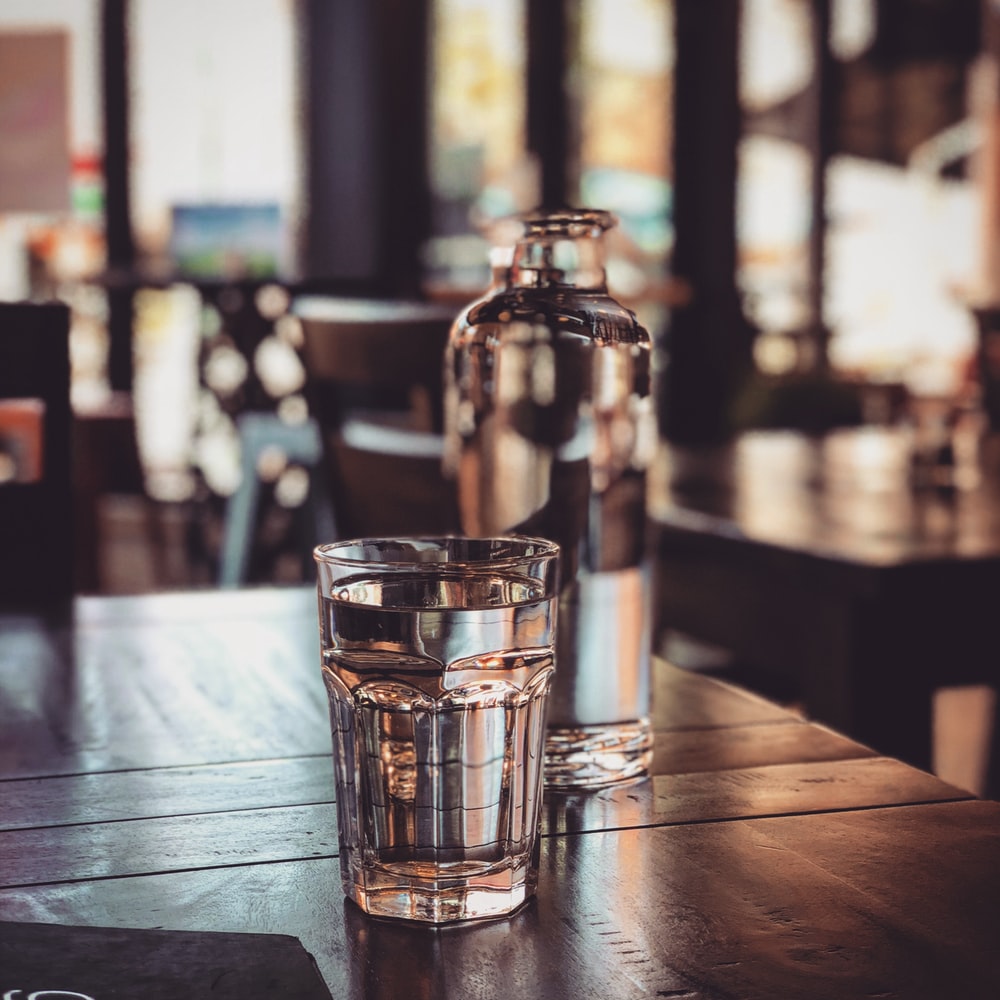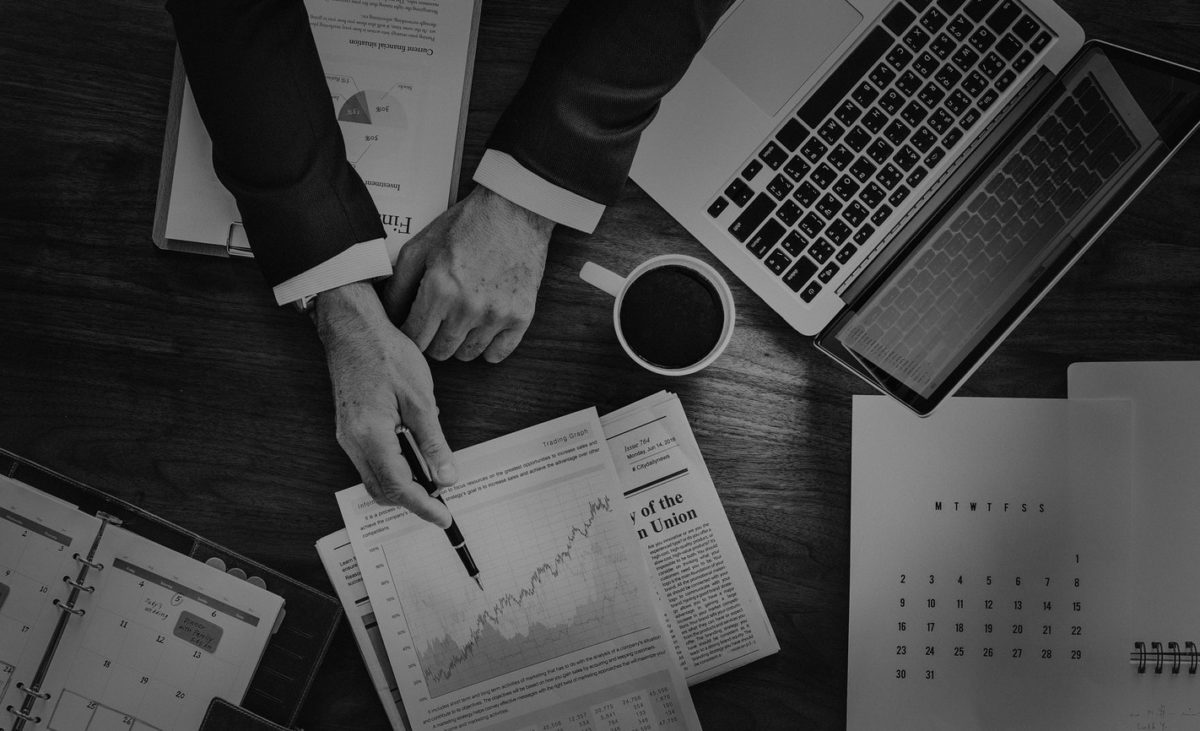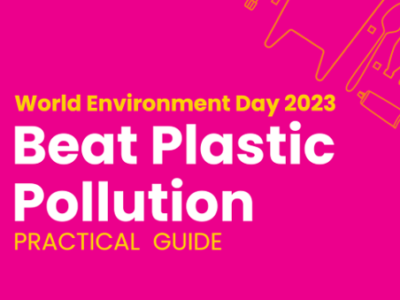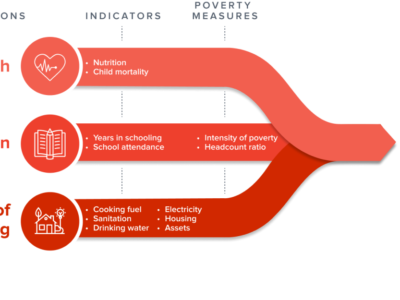Access to safe and affordable drinking water is a big challenge for many in Nigeria. Many Nigerians, most times have to go to a long distance to get safe drinking water as water supply from the water corporation is not readily available. Most of the readily available water sources are polluted and not safe for drinking.
Also, in cases where safe drinking water is available, it is not readily affordable. People either pay water sellers or build their own boreholes (water wells) to get safe drinking water. Whichever the case may be, the price of accessing safe and affordable drinking water is expensive.
Here are a few research-based comments on this problem.
“…increased temperatures are expected to cause increased floods and increased droughts. Poorer nations, say in sub-Saharan Africa, are expected to be hit relatively harder by the negative impacts of higher temperatures.” – Tsigaris P. and Wood J. (2016).
“Water Supply is still a major problem, with at least one billion people in developing countries not having access to safe drinking water. The water supply provided is barely enough to keep pace with the increase in population in these countries” – Wilfried Beckerman (1992).
“Good water quality is essential to human health, social and economic development, and the ecosystem. However, as populations grow and natural environments become degraded, ensuring there are sufficient and safe water supplies for everyone is becoming increasingly challenging” – UN-Water Facts: Water Quality and Wastewater.
Access to safe and affordable drinking water for all is closely linked to various factors of sustainable development e.g. climate change, global warming, environmental systems, ecosystem resilience, environmental policy, institutions and social systems, population growth, economic growth, and economic systems, health, income, etc.
Some Data on Access to Safe and Affordable Drinking Water in Nigeria.
Before we get into the data. It is important to know that having access to safe and affordable drinking water means that there should be a safely managed drinking water service available to everyone in Nigeria. WHO/UNICEF JMP defines safely managed drinking water services as accessibility, availability, and quality from an improved water source, which is located on-premises, available when needed and free from fecal and priority chemical contamination.
Please note, the data presented here are for the year 2015.
In 2015, Nigeria’s population (according to World Bank data) was 181.14 million. This figure is used as a reference for calculating some percentages below.
On the Sub-Saharan Africa scale, less than 25% of people living in the region have access to safely managed water. This finding is conducted and reported by WHO/UNICEF JMP for Water Supply, Sanitation and Hygiene. For Nigeria, only 36.6 million people have access to safely managed water services. This is equivalent to 20.2% of the population in 2015. Also, about 10.3% of the population in 2015 access their safe and affordable drinking water through a piped network. These data show that Nigeria still has a long way to go in order for everyone in Nigeria to have access to safe and affordable drinking water.
Economic Implications and How it Affects Access to Safe and Affordable Drinking Water in Nigeria
Based on the empirical analysis by Gene M. Grossman and Alan B. Krueger (1995), they found out that in almost every cases the turning point in the inverted U-shaped relationship (Environmental Kuznets Curve or EKC for short) for a country is around $5,000 to $8,000 GDP per capita. This means that a country whose economic growth measurement is around that figure can easy meet its environmental needs and obligations. A country as such has enough financial resources to provide or acquire access to safe and affordable drinking water. Also, according to Wilfried Beckerman (1992), there is a positive relationship between income levels and access to safe water supplies over the medium to longer-term economic growth. Higher incomes tend to be associated with a higher proportion of the population having access to safe and affordable drinking water.
However, Nigeria’s GDP per capita is far from the $5,000 to $8,000 mark. As at 2015 (according to World Bank data), Nigeria’s GDP per capita amounts to $2,730.43. This again shows that Nigeria has a long way to go in order for everyone in Nigeria to have access to safe and affordable drinking water. The problem here is much more than just having access to safe drinking water. The problem has it roots in many factors such as poor saving culture, poor access to education, unemployment, underdevelopment and lack of economic infrastructures, overpopulation, political instability and corruption, poor access to healthcare, crime, ethnic/religious violence, material deprivation, etc.
What’s the Way Forward out of this Mess?
Should Nigeria focus on either stricter environmental regulations for drinking water or focus on economic growth? I’ll say both as most research points to this way forward. Enforcing remedial and anticipative environmental policies now would be effective. Also, ensuring less-environmental pollution-intensive economic growth methods now will be most effective.
A combination of strong and sophisticated environmental policies together with progress in pollution abatement technology provides the opportunity for developing countries to escape the pattern of the EKC. Growing public concerns, research knowledge about environmental quality and regulations also allow developing countries to experience a lower and flatter EKC. This means developing countries may be able to develop from low levels of per capita income with little or no degradation in environmental quality and then at some points experience improvements in both income and environmental quality.
In essence, Nigeria needs to ensure sustainable development in everything related to the economy and the environment. This is because, in addition to the data above, Nigeria is also still far from achieving the sustainable development goal to ensure availability and sustainable management of water and sanitation for all.
According to the SDG Index, a composite index score that signifies a country’s position between the worst and best outcomes, Nigeria is ranked 154 out of 162 countries worldwide on all the sustainable development goals.
This is really bad news but the good news is, the problems can be avoided in a few more years of consistent sustainable and capacity development.






